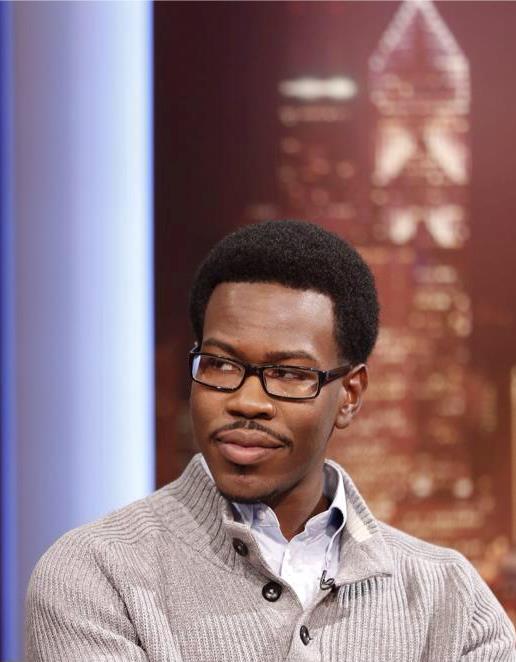Woman's Tweet Perfectly Sums Up The Monumental Problem With How Widely Accepted Weed is Now

By:
In recent years, marijuana use has become much more acceptable from both a legal and social perspective. But despite this evolution, people of color are still disproportionately affected by racial disparities in arrests, and historically have been one of the groups most stigmatized for marijuana use, due to racist stereotypes.
Maybe that's why some Twitter users were so triggered on Tuesday, when The Today Show featured a group of "marijuana moms," including one mother from central California who was determined to dispel the stigma behind marijuana use and prove that "smoking marijuana while taking care of children is perfectly acceptable."
First, the Today Show posted this Tweet:
One Twitter user, Bri Alexis, responded with a succinct criticism:
Another Twitter user, Felesha Lee, chimed in to make a similar point.
Huffpost Editor-in-Chief Lydia Polgreen quoted Lee's tweet, and added:
Medicinal marijuana is legal in 29 states, the District of Columbia, Guam and Puerto Rico. Recreational marijuana use is legal in D.C. and eight states, including California, Washington State and Colorado. But for many people of color, marijuana use has disproportionately resulted in entry into the criminal justice system and incarceration. While studies show little difference between the rates at which black and white people use marijuana, black people are much more likely to be targeted by police and courts for their use.
Additionally, the stigma associated with marijuana use has been used to paint people of color as potential criminals or bad seeds. Lawyers defending George Zimmerman in his murder trial argued that trace amounts of THC found in Trayvon Martin's system showed that Martin could have been responsible for escalating the confrontation, even though experts cast serious doubt onto this hypothesis.
And in cases of police shootings, marijuana has been used as a justification for how officers approached the scene. As the Minneapolis Star Tribune reported, one of the ways that Jeronimo Yanez, the Minnesota police officer who shot Philando Castile to death last year, justified his actions to investigators was that the smell of marijuana coming from Castile's car made him fear for his life.
Racial Disparities in the Legalized Marijuana Industry
As Amanda Chicago Lewis wrote for Buzzfeed last year, not only have black people have suffered disproportionately in the so-called war on drugs, but "state laws and steep regulatory costs have left them far more likely to be shut out of America's profitable marijuana boom." Only one percent of pot dispensary owners in the U.S. were black, according to Lewis' investigation.
She recounts the story of Unique Henderson, who spent time and money learning how to run a cannabis business and applied for a job at a Denver pot shop but was rejected "because he had been caught twice with a joint’s worth of pot as a teenager back in Oklahoma, and as a result he has two drug possession felonies on his record."
Yes, investors and state governments are eager to hire and license people with expertise in how to cultivate, cure, trim, and process cannabis. But it can’t be someone who got caught. Which for the most part means it can’t be someone who is black.
Even though research shows people of all races are about equally likely to have broken the law by growing, smoking, or selling marijuana, black people are much more likely to have been arrested for it. Black people are much more likely to have ended up with a criminal record because of it. And every state that has legalized medical or recreational marijuana bans people with drug felonies from working at, owning, investing in, or sitting on the board of a cannabis business. After having borne the brunt of the "war on drugs," black Americans are now largely missing out on the economic opportunities created by legalization.
So while acceptance of both marijuana use continues to grow in the U.S., further steps are still need to address the ways that criminal justice system — and the marijuana industry itself —still disproportionately harm communities of color.
